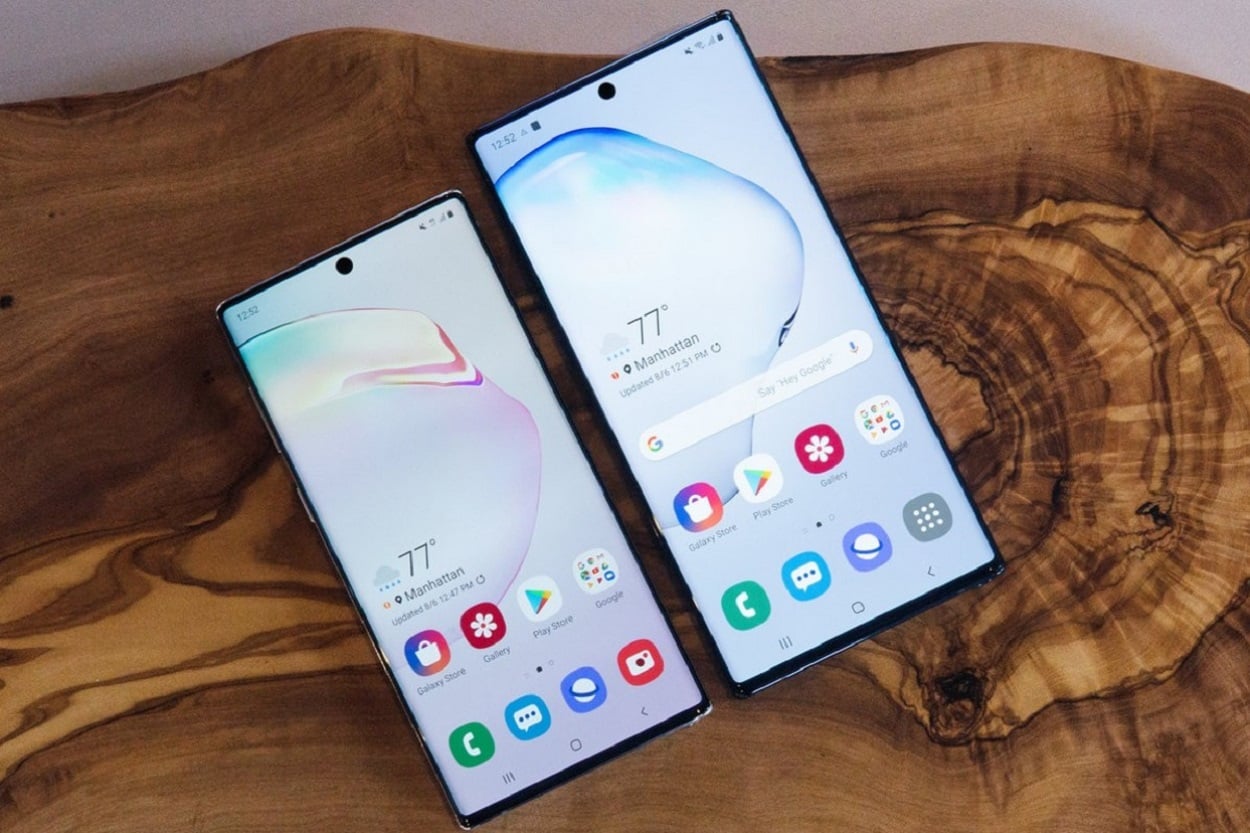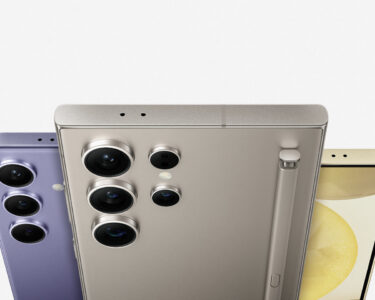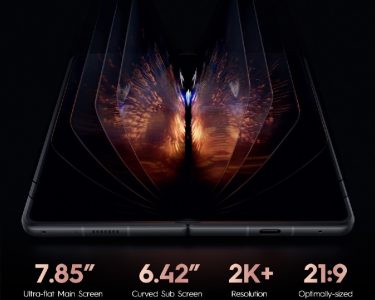Along with Apple, Samsung was heading towards world dominance not so long ago – however, a lot has changed over the past couple of years, as the market has seen new competition in the form of different Chinese manufacturers. Not only have these OEMs severely affected the Korean manufacturer’s sale numbers, but are also close to stealing the company’s crown of being the top global smartphone maker.
Samsung though looks set to play both sides in an attempt to counter all the competition that it is presented with. In accordance to what The Korea Times has said, Samsung has taken upon the decision to expand its smartphone components sales strategy when various Chinese OEMs are taken into account – including the likes of Huawei, Xiaomi, Oppo and Vivo.
To summarize Samsung’s latest decision – the company will now be relying much more on the sales of its smartphones parts to its various competitors in an attempt to sustain its growth as the company continues its struggles to keep up with the competition.
Must Read: Delhi’s Feroze Shah Kotla Stadium renamed after a former Hindu Minister
The prime example of this comes in the form of the Korean manufacturer’s latest ISO CELL Bright GW1 image sensor, that it will sell to Xiaomi for integration in the company’s Redmi devices. Samsung also plans to sell an upcoming 108MP camera sensor to Xiaomi – with Oppo too looks to start using the company’s sensors.
As far as Huawei is concerned – it is expected that the Chinese manufacturer will only increase its purchasing of Samsung’s OLED panels. The speculation has recently concluded that it is likely that both the Mate 30 as well as the Mate 30 Pro will go on to use panels coming from Samsung. If this in fact turns out to be the case, it will be the first time that a phone from the Mate line uses a panel manufactured by Samsung. Both the Huawei P20 and the P30 lines already use displays from Samsung. While an official from Samsung declined to confirm or deny these rumors, he did say that his company has been successful in supplying parts to Chinese manufacturers for many years now.
The most recent earnings report from Samsung calls on“weak sales momentum for the Samsung Galaxy S10 and stagnant demand for premium products.” All in all, one would have to imagine that with the sales numbers declining, it makes all the sense in the world for Samsung to move away from relying on its smartphone sales and move towards helping the competition a bit – while making some profit in the process.




